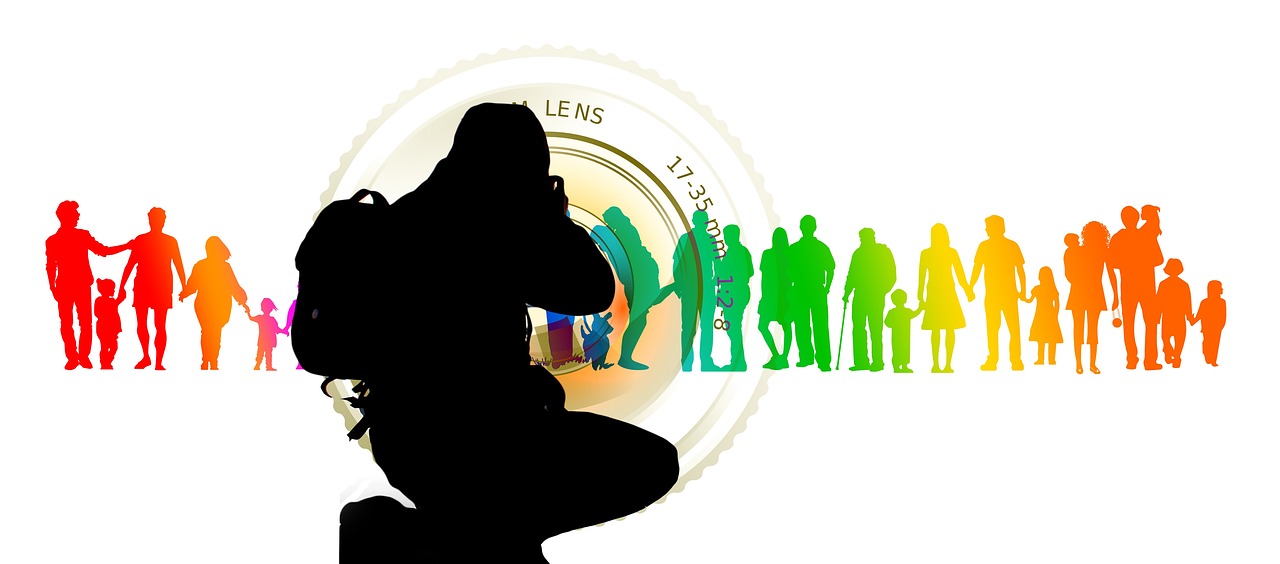Exploring the Role of Tech in Urban Planning and Smart Cities
Urban planning has seen a significant transformation with the integration of advanced technology in recent years. The traditional methods of city development and management have been enhanced and revolutionized through the implementation of various technological tools and solutions. These advancements have enabled urban planners to make more informed decisions, improve efficiency, and create sustainable and livable cities for the future.
One of the key aspects of urban planning that has been positively impacted by technological advancements is data analysis. The ability to collect and analyze vast amounts of data has allowed urban planners to gain valuable insights into a city’s infrastructure, transportation systems, population trends, and more. This data-driven approach has helped in formulating more effective strategies and policies to address the complex challenges faced by cities today.
Challenges Faced by Cities in Implementing Smart Technology
Implementing smart technology in cities presents a myriad of challenges that urban planners need to navigate. One significant obstacle is the lack of uniform standards and protocols across different technologies, making integration and interoperability complex and time-consuming. City officials often find themselves grappling with the compatibility issues between various systems, hindering the seamless operation of smart solutions.
Moreover, the high costs associated with smart technology deployment pose a major barrier for many cities. From acquiring the necessary hardware and software to maintaining and upgrading the infrastructure, the financial burden can be overwhelming. This financial strain may limit the scope and scale of smart initiatives, preventing cities from fully leveraging the potential benefits of technology-driven urban planning.
What are some of the benefits of implementing smart technology in cities?
Implementing smart technology in cities can lead to improved efficiency in services, better resource management, enhanced public safety, and increased quality of life for residents.
What are some common challenges faced by cities in implementing smart technology?
Common challenges include funding constraints, lack of technical expertise, data privacy concerns, resistance to change from residents or city officials, and difficulties in integrating different systems.
How can cities overcome these challenges?
Cities can overcome these challenges by securing funding through grants or public-private partnerships, investing in training for staff, addressing data privacy concerns through robust policies, engaging with the community to garner support, and working towards interoperability between different systems.
What role does urban planning play in the successful implementation of smart technology in cities?
Urban planning plays a crucial role in ensuring that smart technology is effectively integrated into the existing infrastructure, aligning with the city’s goals and priorities, and addressing the needs of diverse populations within the city.





